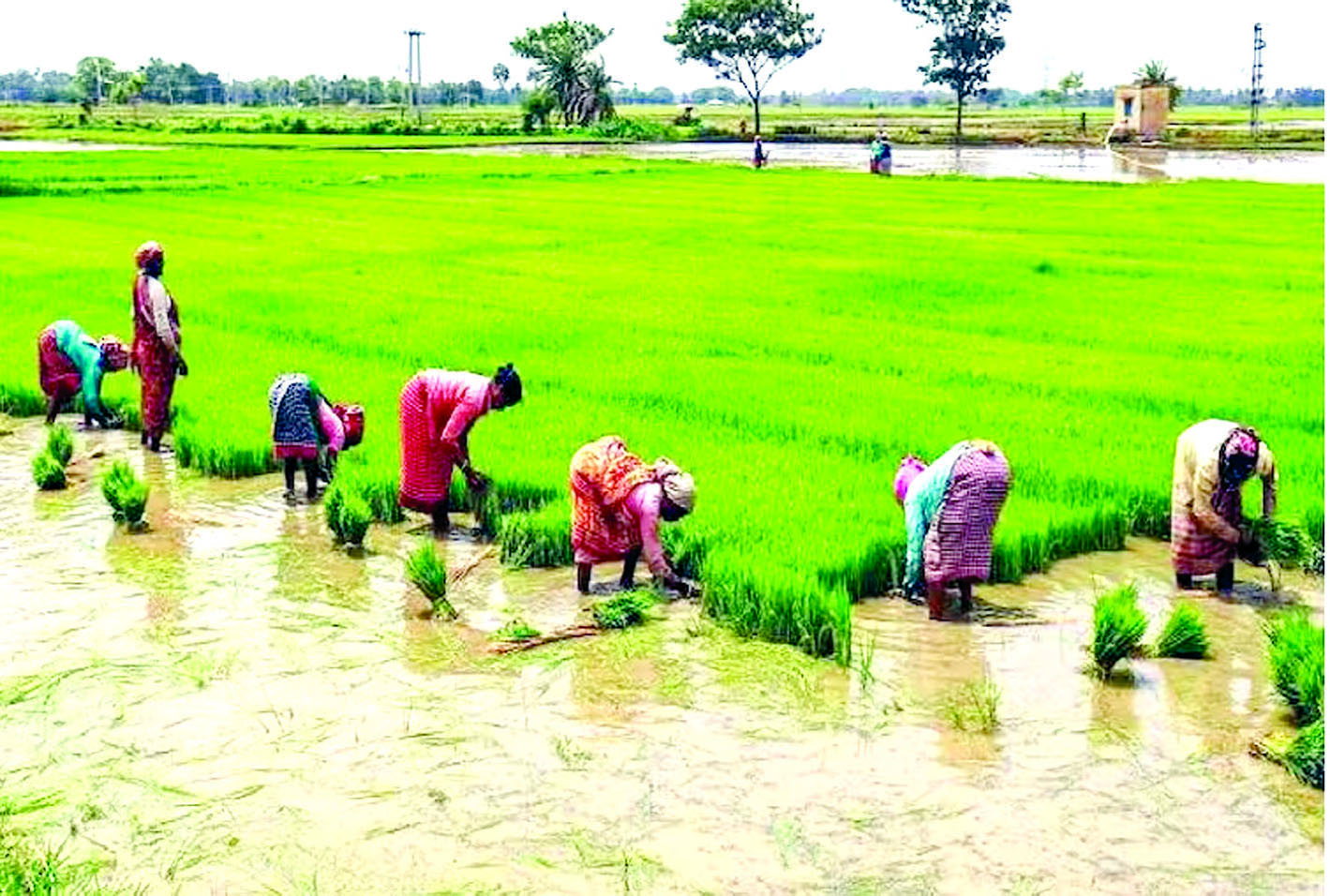
There will be a ban on planting paddy in Punjab! 15 Recommendation not to plant paddy in dark zones
In view of the level of groundwater falling in Punjab, paddy cultivation may be banned in some areas. There are 15 dark zones in the state where the water level has gone extremely low. There may be a ban on paddy cultivation in these areas. However, it will not be easy for the Punjab government to take a decision in this regard.
In view of the level of groundwater falling in Punjab, paddy cultivation may be banned in some areas. There are 15 dark zones in the state where the water level has gone extremely low. There may be a ban on paddy cultivation in these areas. However, it will not be easy for the Punjab government to take a decision in this regard.
In fact, the Punjab government has released the draft of the state's first agricultural policy-2023. In this regard, suggestions have been sought from the farmers' organizations of the state. Along with issuing the draft, some recommendations for changes and reforms in agriculture have also been made. Accordingly, Punjab State Farmers Commission Chairman and agronomist Dr. Sukhpal Singh has recommended a complete ban on paddy cultivation in 15 dark zones in the state.
He has said that these are dark zones where the ground water level has gone down by 400 to 500 feet. Due to paddy cultivation, farmers are facing economic loss due to large scale water crisis as well as reduced yield. So it is better for farmers in these zones to grow other crops.
The draft agriculture policy has also suggested that immediate steps be taken to stop electricity subsidy being spent as a subsidy in the agriculture sector. In fact, there are 14 lakh agricultural pump sets in the state which are getting free electricity. Abolition of electricity subsidy of Rs 10,000 crore annually has been indicated.
Apart from this, it has also been asked not to cultivate paddy on panchayat lands. It has also been suggested that alternative crops should be planted instead of water intensive crops and minimum support price should be given on all crops.
Under the new agriculture policy, the state government has been asked to reach out to the center and ensure that not only the minimum support price is given to the farmers but also the fair price. Also, if the minimum support price is not met on the crops, a fund of Rs 1,000 crore should be created to bridge the financial gap between the minimum support price and the actual price. Along with this, it has been said that the income of farmers and farm workers should be increased.








